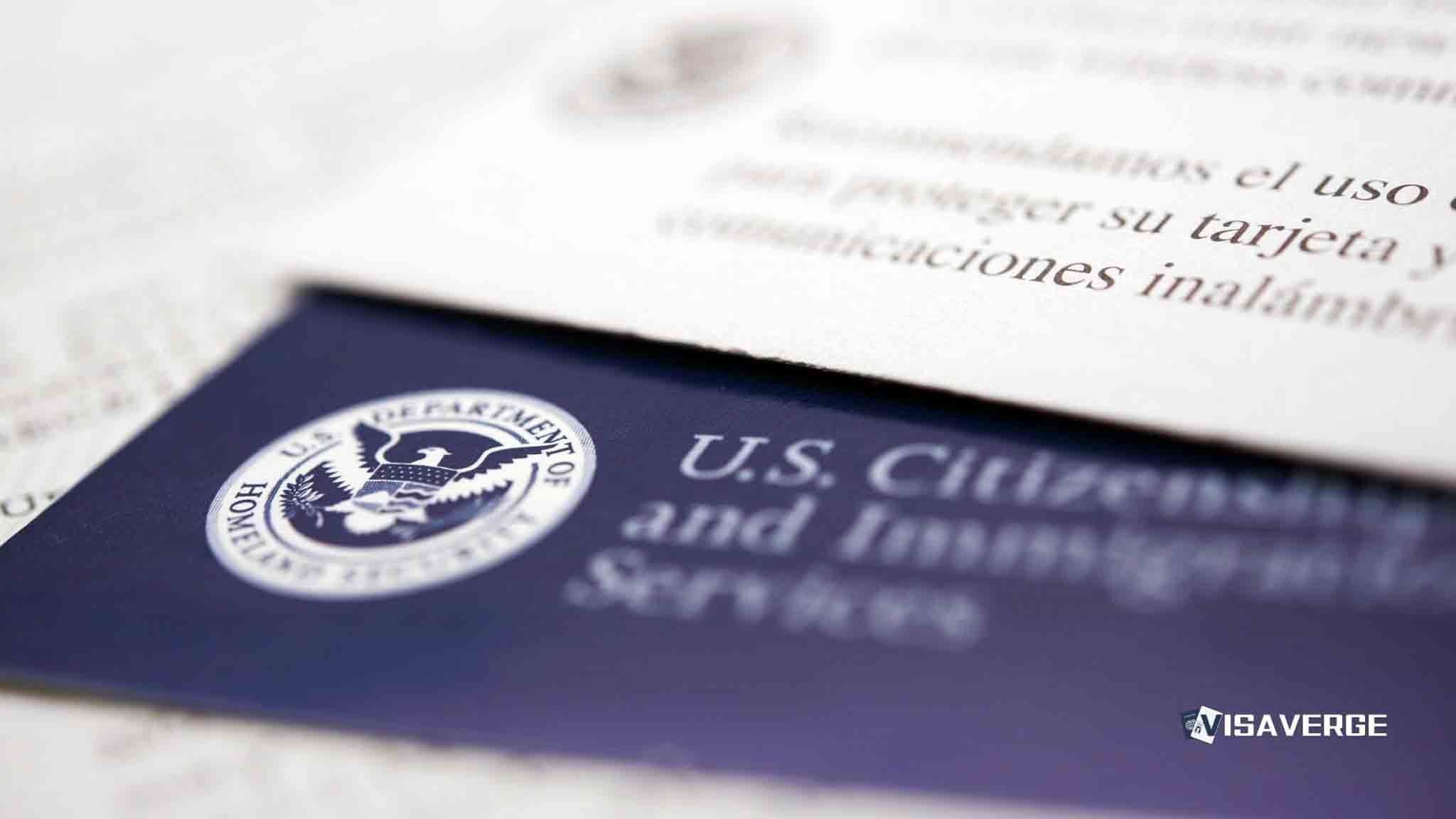Ten people were arrested earlier this month for alleged immigration violations during a joint state and federal patrol of oyster beds in St. Bernard and Terrebonne parishes, in a case that local advocates say marks a new front in immigration enforcement in coastal Louisiana.
The operation took place during the busy oyster harvest season, when boats and workers crowd into productive waters and enforcement teams normally focus on licensing, catch limits, and conservation rules. State officers working the oyster beds alongside federal agents carried out the patrol that led to the 10 immigration arrests, according to information shared about the joint operation.

What happened and immediate reaction
While the names of those arrested have not been released, officials said they were taken into custody on alleged immigration violations, not for fishing or environmental offenses tied to oyster harvesting itself. The arrests quickly drew attention among fishermen, deckhands, and processing workers who rely on the harvest season for much of their yearly income.
The oyster beds in this part of Louisiana form a key piece of the local economy, feeding restaurants in New Orleans and supplying seafood markets across the Gulf Coast. Workers in that sector often include:
- Long-time residents with mixed-status families
- Recent arrivals with temporary documents
- People who may lack legal status but have years of experience on the water
Many in the community said they are used to seeing boats from state wildlife and fisheries officers checking for licenses, but not immigration agents asking for papers.
Shift in enforcement tactics
The timing and location of the arrests highlight what immigrant advocates describe as a shift in tactics by federal authorities. The operation did not take place at a factory, office, or traditional construction worksite, but instead on the water in an aquaculture setting.
According to analysis by VisaVerge.com, this type of action shows immigration enforcement expanding beyond well-known workplace raids toward more mobile, seasonal industries such as agriculture and seafood. The oyster bed patrol, they note, fits with a pattern of what some groups have called “incredibly aggressive” enforcement under President Trump.
Federal data reviewed for the state show that immigration arrests in Louisiana under the current administration are on track to surpass the state’s full-year 2024 count. Officials say that trend reflects a broader push by immigration authorities to increase arrests away from the border and into the interior of the country.
Context: earlier pause and the June 14 decision
The oyster operation stands out because it comes after a period when federal officials had pulled back from certain types of enforcement in the food supply chain. Earlier in 2025, immigration authorities suspended arrests at farms, meat processing plants, and other agricultural facilities on June 14, citing concerns that aggressive actions could disrupt food production and strain supply chains that were still recovering from recent economic shocks.
At the time, immigrant worker groups and farm owners welcomed the pause as a sign that enforcement strategy might shift toward targeting employers for serious violations rather than rank-and-file workers.
However, the recent patrol on the oyster beds in Louisiana suggests either a resumption or an expansion of operations tied to food production — this time in aquaculture rather than land-based agriculture. Officials have not said whether the June 14 pause formally covered oyster harvests, and the presence of federal agents on the water has raised questions among workers and business owners about the scope of the current enforcement strategy.
Some see the patrol as an indication that the earlier suspension at farms and meat plants was limited, temporary, or both.
Impact of joint state-federal patrols
The use of joint patrols matters because when state wildlife or marine officers work with federal agents, routine checks for fishing violations can quickly turn into immigration screenings. For many oyster workers, a stop that once meant showing a boat license or proof of a legal catch can now lead to questions about immigration status and possible detention.
Local advocates worry about downstream effects:
- Workers may avoid reporting unsafe boats or environmental violations.
- Victims of wage theft may hesitate to come forward.
- Fear of arrest could reduce cooperation with safety inspections.
For mixed-status families, a single patrol can mean a parent or partner does not return from a day’s work on the water, leaving children and spouses scrambling to cope with sudden detention and possible removal.
Economic stakes for coastal communities
Economic stakes are high in parishes like St. Bernard and Terrebonne, where oyster beds support not only boat crews but shucking houses, transport companies, and small family-owned restaurants.
Owners and operators say they already struggle with:
- Storms and coastal erosion
- Changing salinity levels that affect oyster growth
They argue that adding a new layer of immigration risk could make it harder to find experienced crews willing to take seasonal jobs on the water. If workers stay home out of fear of arrests, boats may leave the dock short-handed and harvests may drop.
Arguments for and against enforcement in these settings
Supporters of tougher enforcement emphasize several points:
- Immigration law applies everywhere, not just in factories or at the border.
- Targeting immigration violations during oyster patrols can help uphold the rule of law and deter unauthorized labor in sensitive industries tied to food and the environment.
- Joint operations can leverage state knowledge of local waters with federal authority over immigration.
Federal agencies such as U.S. Immigration and Customs Enforcement say their mission includes both enforcing immigration law and protecting national security and public safety.
Critics, however, warn:
- These arrests show how deeply immigration enforcement has entered daily economic life in coastal communities.
- Tactics like these can push workers further into the shadows and discourage cooperation with safety inspections.
- Relationships between immigrant residents and local law enforcement can suffer, undermining community trust.
Community response and outreach
Community organizations in the region are now trying to explain the changing enforcement pattern to workers who may not follow national immigration news. They describe the oyster bed operation as part of a wider interior enforcement build-up under President Trump, one that has moved from farms and meat plants into less traditional settings.
Their outreach efforts include:
- Sharing basic information about rights during encounters with officers
- Advising on practical steps workers can take to protect themselves and their families
- Noting the immediate financial costs of refusing to board a boat or skipping a workday
Outlook as oyster season continues
As oyster season continues, many in St. Bernard and Terrebonne are watching to see whether the recent joint patrol was a one-time show of force or the beginning of more regular immigration enforcement on the water.
- Boat owners are weighing how to talk with their crews about the risk of immigration arrests without losing skilled workers.
- Workers are deciding whether the pay and experience of oyster work remain worth the newly heightened uncertainty.
The arrests have made clear that coastal Gulf communities dependent on agricultural and fishing work are feeling the effects of changing interior enforcement strategies in their day-to-day lives.
This Article in a Nutshell
Ten people were arrested in St. Bernard and Terrebonne parishes during a joint state-federal patrol of oyster beds amid the peak oyster harvest season. Officials say the detentions were for alleged immigration violations, not fishing or environmental offenses. Advocates view the operation as part of a broader expansion of interior immigration enforcement into seasonal industries like aquaculture. Community groups are alerting workers about rights and preparing for potential continued patrols as oyster season proceeds.













